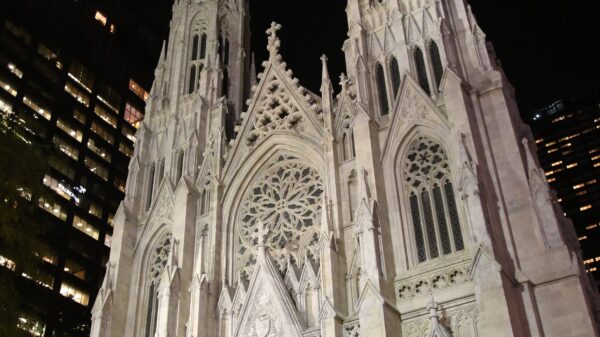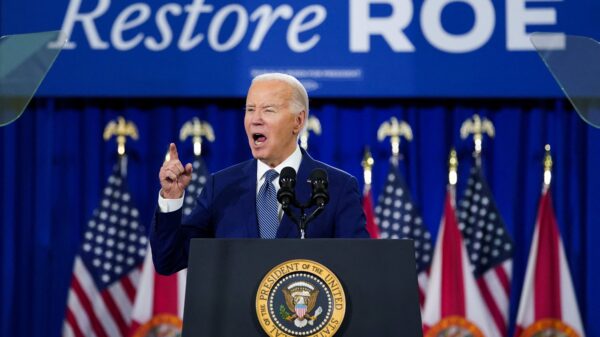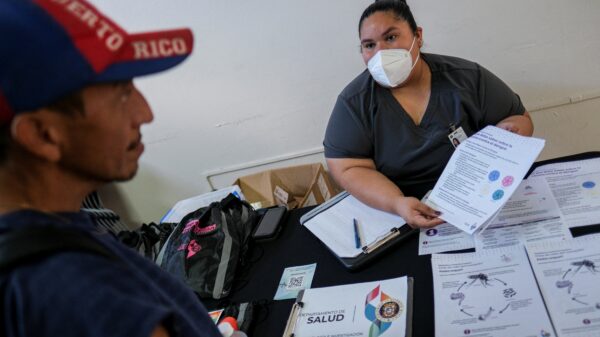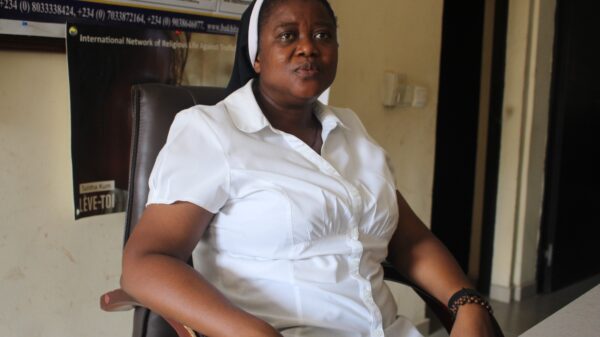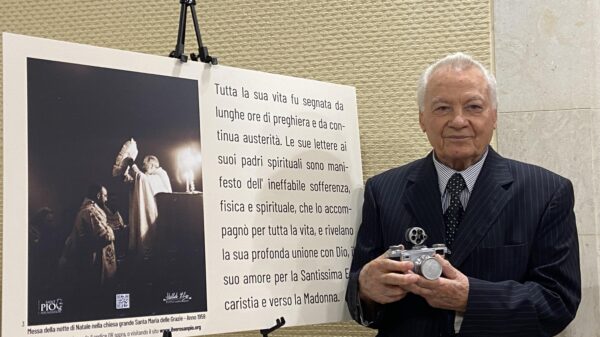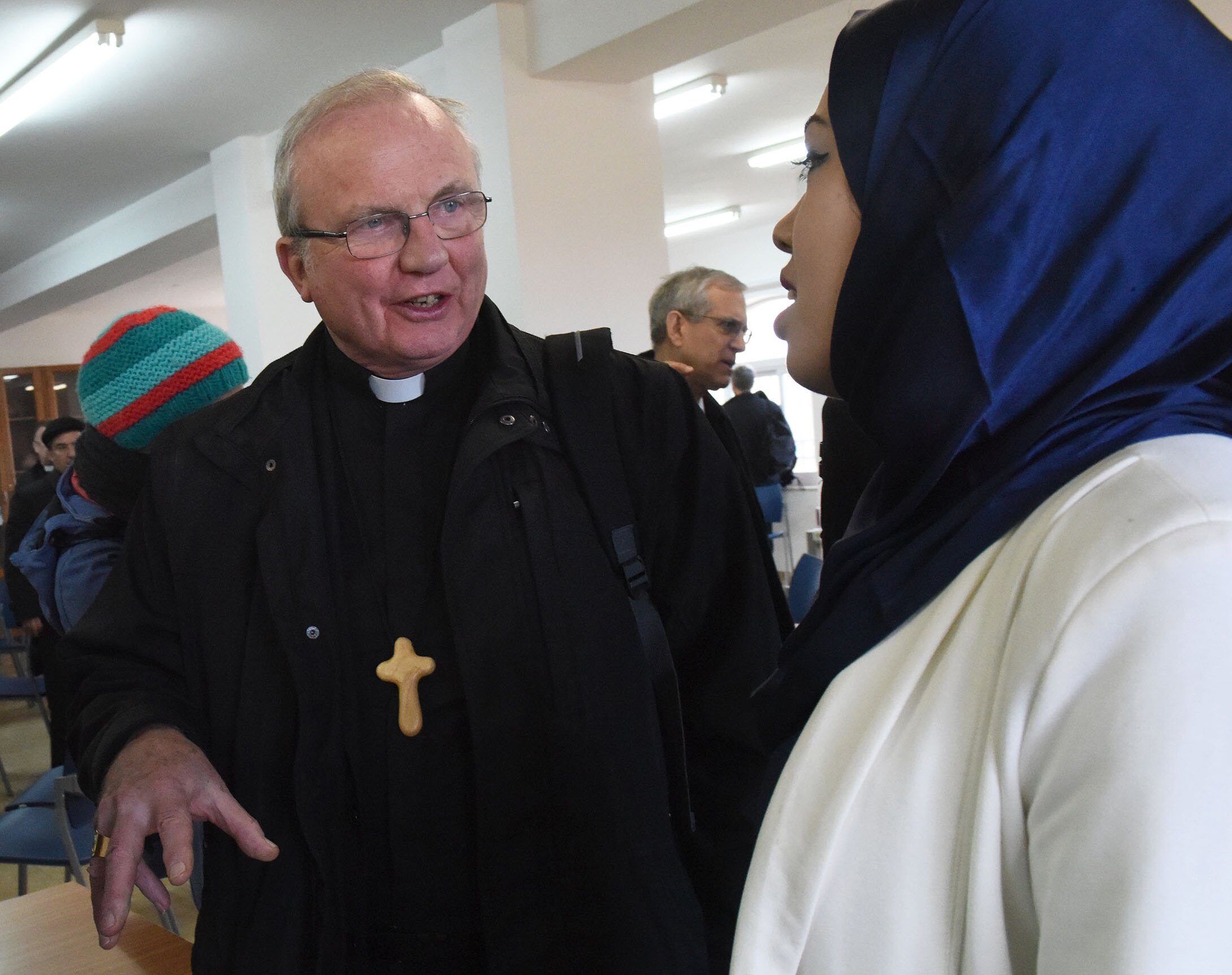By Michael Kelly
(OSV News) — Catholic school leaders in Northern Ireland have called on parents to reject a plan by the British government that they say would “impose abortion ideology” on faith-based schools in the region.
Though Northern Ireland remains part of the United Kingdom, it has been largely self-governing since a 1998 Good Friday peace agreement brought an end to 30 years of sectarian violence and created a Protestant-Catholic power-sharing government.
However, that government has been suspended since February 2022 over political disagreements and decisions are now made by British ministers.
Northern Ireland Secretary Chris Heaton-Harris has insisted that he will update the requirements for relationship and sexuality education, or RSE, in the curriculum.
Heaton Harris claimed the regulations will make “age-appropriate, comprehensive and scientifically accurate education on sexual and reproductive health and rights, covering prevention of early pregnancy and access to abortion” a compulsory component of the curriculum for students.
However, this was rejected by Bishop Donal McKeown of Derry, who told OSV News that the “expectation that schools should become engaged in the delivery of an allegedly neutral curriculum which highlights access to abortion shows no understanding of the foundational principles of Catholic education.”
Pointing out that Catholic schools are the largest group of schools in the region, the Catholic Schools’ Trustee Service, or CSTS, is calling on parents, carers and others, who share its concerns, to express these by responding to the consultation process.
According to Bishop McKeown, chairman of CSTS, “our vision of education asserts the rights of parents and carers to have their children educated in accordance with their ethical, religious and philosophical convictions.”
He insisted that the proposed new legislation “undermines the parent’s or carer’s right to have their children educated in accordance with their ethical, religious, and philosophical convictions, as is recognized through international human rights legislation.”
“Legislative topics of such sensitivity should have remained a matter for a locally-elected assembly to consult upon, debate, and agree a way forward that best meets the needs of the people in this jurisdiction,” he said.
Bishop McKeown stressed that “this legislation has created significant concern in that it potentially imposes a specific ideological view of abortion and the prevention of early pregnancy which directly challenges the rights of Catholic schools to offer a faith-based worldview on such matters.”
“There is no ethically neutral or value free approach to the question of when human life begins. The expectation that schools should become engaged in the delivery of an allegedly neutral curriculum which highlights access to abortion shows no understanding of the foundational principles of Catholic education,” he told OSV News.
He also insisted that: “any education in ‘sexual health’ cannot be seen as a free-standing issue separate from the bigger picture of helping young people grow into mature adults in a highly sexualized world.
“A healthy discussion of sexuality has to be part of a curriculum that promotes mental health and well-being. That is exactly what a faith-based relationships education program seeks to do,” Bishop McKeown said.
Michael Kelly writes for OSV News from Dublin.




